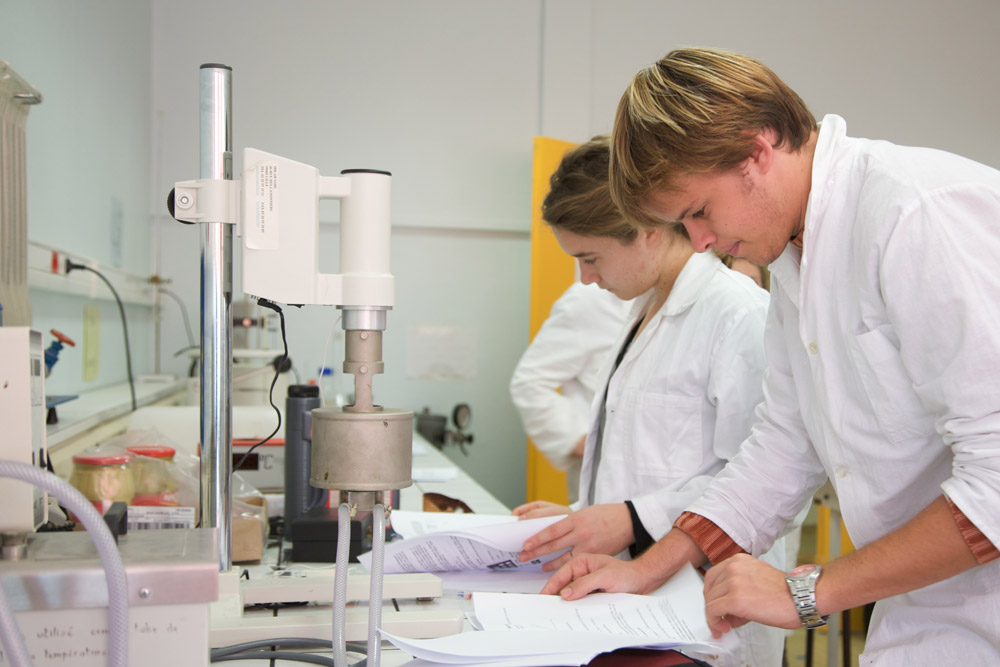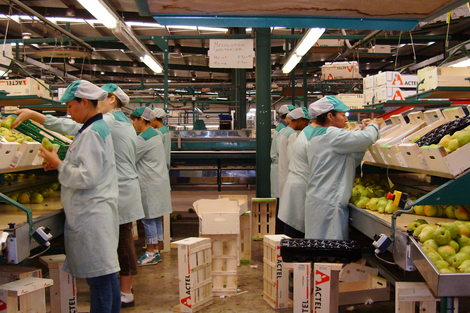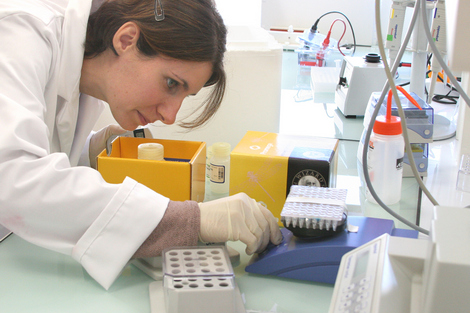

























relating to the circular bioeconomy, the sustainable use of natural resources, the protection of the environment and rural development.
We aim to enhance our members' success in education, research and innovation for a sustainable bioeconomy and society, by engaging with European and global institutions and networks, to share experience, cooperate in new ventures, and benefit from the resulting synergy.


























The three Forum themes were:
See the Forum Focus and the progarmme with the presentations
The keynote speakers will address the expectations for agricultural and life science universities in delivering leaders to address the global challenges as set out in the UN's Sustainable Development Goals (SDGs) and identified in the COP21 Paris Agreement, November 2015.
The panel discussions and the following roundtable discussions will focus on how life science institutions should respond in developing their degree programmes to deliver the future leaders in the transformation of agriculture, the food sector and the bio-economy. This focus in no way negates the importance of the remit of agricultural and life science universities and faculties for research and innovation in addressing these global challenges but the focus of this Forum is on education.
Employers place ever greater focus on generic competences in the graduates they seek to recruit and demand that universities address these competences in the university curriculum. Universities also recognise the need to place greater emphasis on high level engagement with analysis, synthesis and creativity in the Bachelor and Master degree programmes away from the emphasis on the transfer of knowledge.
In the last 30 years universities have moved from being an elitist education system to which only a minority of school leavers gained access to a mass education system to which 50 percent aspire access and success. Widening access also requires universities to cater for students, who do not have all the appropriate entry requirements, through induction programmes.
Universities will be in competition with other certificated courses online such as provided by EdEx, Coursera and similar providers providing nano course to full length degree programmes which have long been provided by Open Universities. This competition is likely to become ever more challenging in the years ahead.
The ever enlarging and invasive digital environment opens space for innovation in teaching and for students learning. The lecturers' role is changing from knowledge transfer to being facilitators in their students' learning. Students can access their lecturers' courses online, access open online learning resources from the global internet and courses such as MOOCs. We now talk about blended learning, the flip classroom and peer to peer learning.
Students need to be prepared to work in the ever shrinking global world – international experience can be gained through mobility and international experience at home with global perspective in the curriculum and the presence of international students. Universities benefit from engagement in joint degree programmes through sharing expertise and the international engagement of their staff.
In a globalised world the role of the life science Rector or Dean carries many challenges. On both the operational and strategic levels there are demands to secure and develop university functions and activities. The core function of the life science university is to deliver education and skilled graduates to society to address the challenges of 21st C as enumerated by the Paris Climate Agreement (COP21) and the UN Sustainable Development Goals.